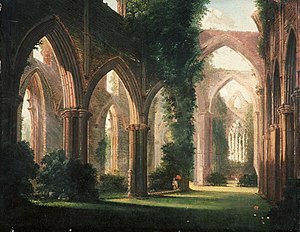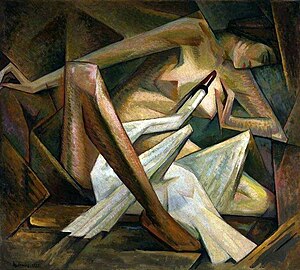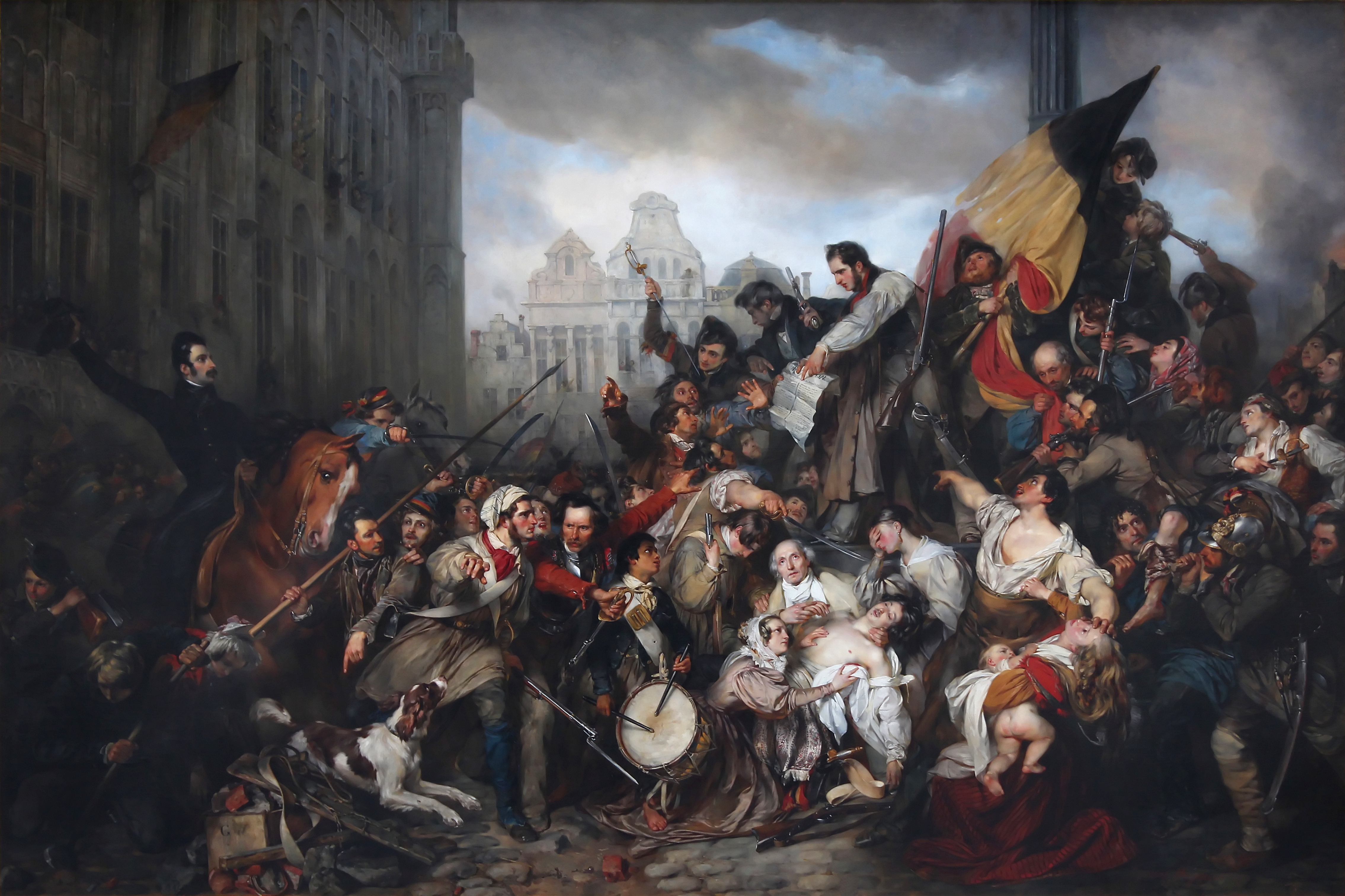TL;DR: This schedule is tentative and subject to change. This is a digital document; do not print. Students are responsible for getting updates. |
This schedule represents the ideal outline for our study this semester. Yet, like all best-laid plans, we may not be able to keep up with our agenda. Please be flexible and try to look and read ahead whenever possible.
We will do our best to stick by this schedule, but I will inform you verbally, via an email, and/or a literal change to the schedule below whenever there is a deviation. Getting these updates is solely your responsibility. Therefore, this schedule is tentative and subject to change contingent upon the needs of the students and the professor, and dictated by time and other constraints which may affect the course. For face-to-face classes, this schedule reflects only an overview of the assigned reading and other major course assignments. It may not indicate specific class session assignments or activities. Specific in-class assignments may not be reflected on the schedule.
Each week of this class has its own unit or lesson corresponding to a literary movement. Each week is divided into daily work that contain readings (with the occasional reading quiz) and writing. Each week concludes with a test on the materials covered. The following is a general overview of the schedule.
Daily Work
As this is a session course and time is limited, here’s how I recommend your proceed: work every day. Put aside at least an hour on every class day, and
- Read the primary texts (these are assigned below in individual class days) taking notes as you do, maybe highlighting passages that speak to you in some way;
- Take the reading quiz if there is one assigned;
- Read some secondary texts: i.e., do some research on at least one of the texts, being sure you understand the major themes, symbols, etc.;
- Take the short-answer quiz if there is one assigned;
- Write a response on what you think about the text(s), supporting it with evidence from both the primary and secondary texts. I give some suggestions below for potential responses, but these are really up to you. You should write a minimum of two posts per lesson (or week).[1] A day is set aside each week for your responses.
The idea here is that you engage with the course materials in a consistent way. Not all of it will speak to you, and that’s fine. However, you must actively engage the materials and show that engagement in your weekly work.
Schedule
| Date | Assignment |
|---|---|
| The Romantic Period | |
| 6 October | 
|
| 7 October | 
|
| 8 October | 
|
| 11 October | Mary Wollstonecraft Shelley
|
| 12 October | Dorothy Wordsworth
|
| 13 October | George Gordon, Lord Byron
|
| 14 October | Percy Bysshe Shelley
|
| 15 October | 
|
| 18 October | Elizabeth Barrett Browning
|
| 19 October | Write Your Response |
| The Victorian Period | |
| 20 October | Introduction to Victorian Literature
|
| 21 October | 
|
| 22 October | Robert Browning
|
| 25 October | Oscar Wilde
|
| 26 October | Write Your Response |
| The Twentieth and Twentieth-First Centuries | |
| 27 October | Introduction to the Twentieth and Twentieth-First Centuries
|
| 28 October | Rudyard Kipling
|
| 29 October | E. M. Forster
|
| 1 November | Rupert Brooke Siegfried Sassoon Wilfred Owen
|
| 2 November | Write Your Response |
| Modernism | |
| 3 November[5] | 
|
| 4 November | T. S. Eliot
|
| 5 November[6] | W. H. Auden Dylan Thomas
|
| 8 November | Virginia Woolf
|
| 9 November | Write Your Response |
| World War II / Postmodernism | |
| 10 November | Philip Larkin Seamus Heany
|
| 11 November | Nadine Gordimer
|
| 12 November | Katherine Mansfield
|
| 15 November | Salman Rushdie
|
| 29 November | Ishiguro
|
| 30 November | Write Your Response; Short Lit Crit Response due |
notes
| 🕒 09-1-2021 | 📆 Make an Appointment | 💬 Ask a Question | 📣 Leave Feedback |


